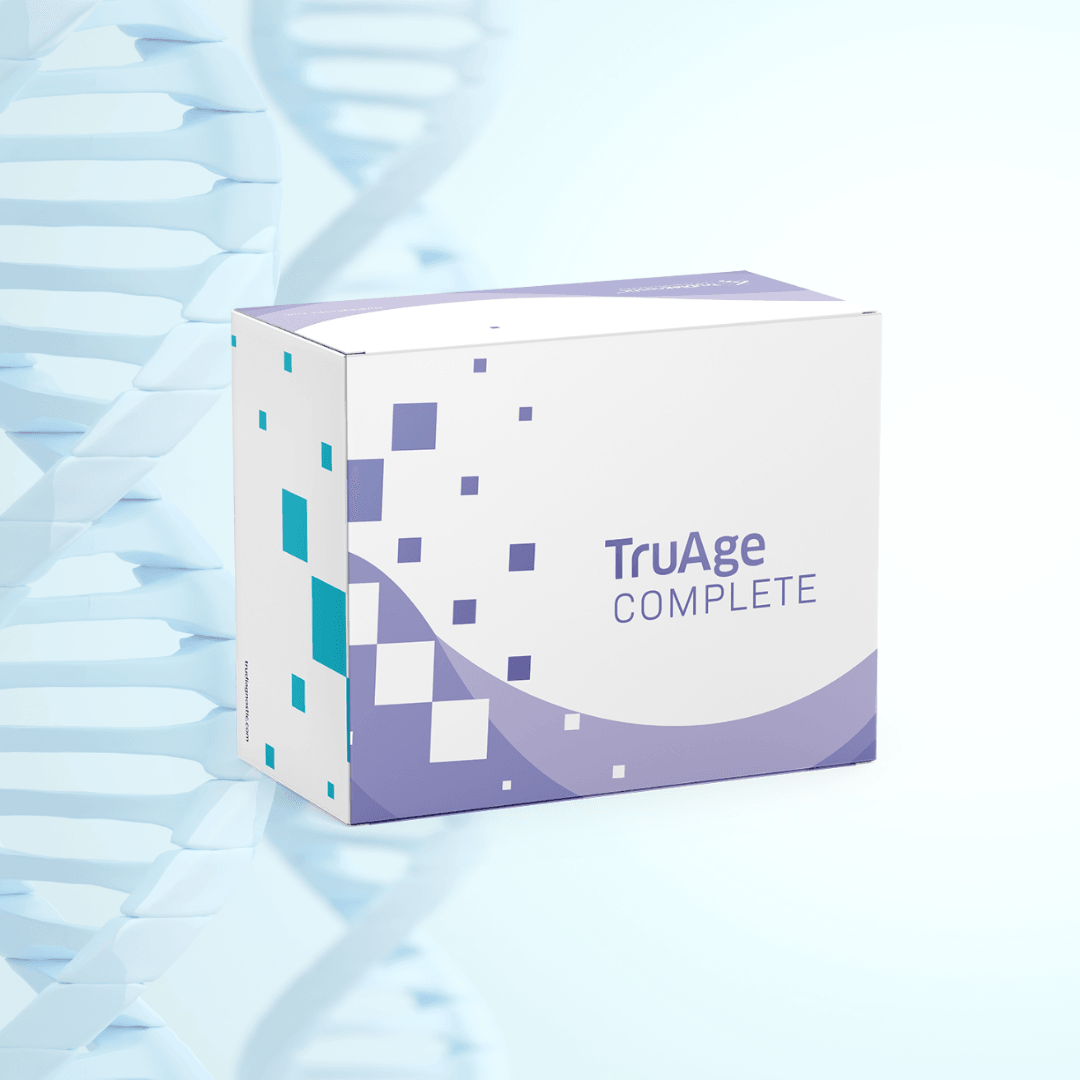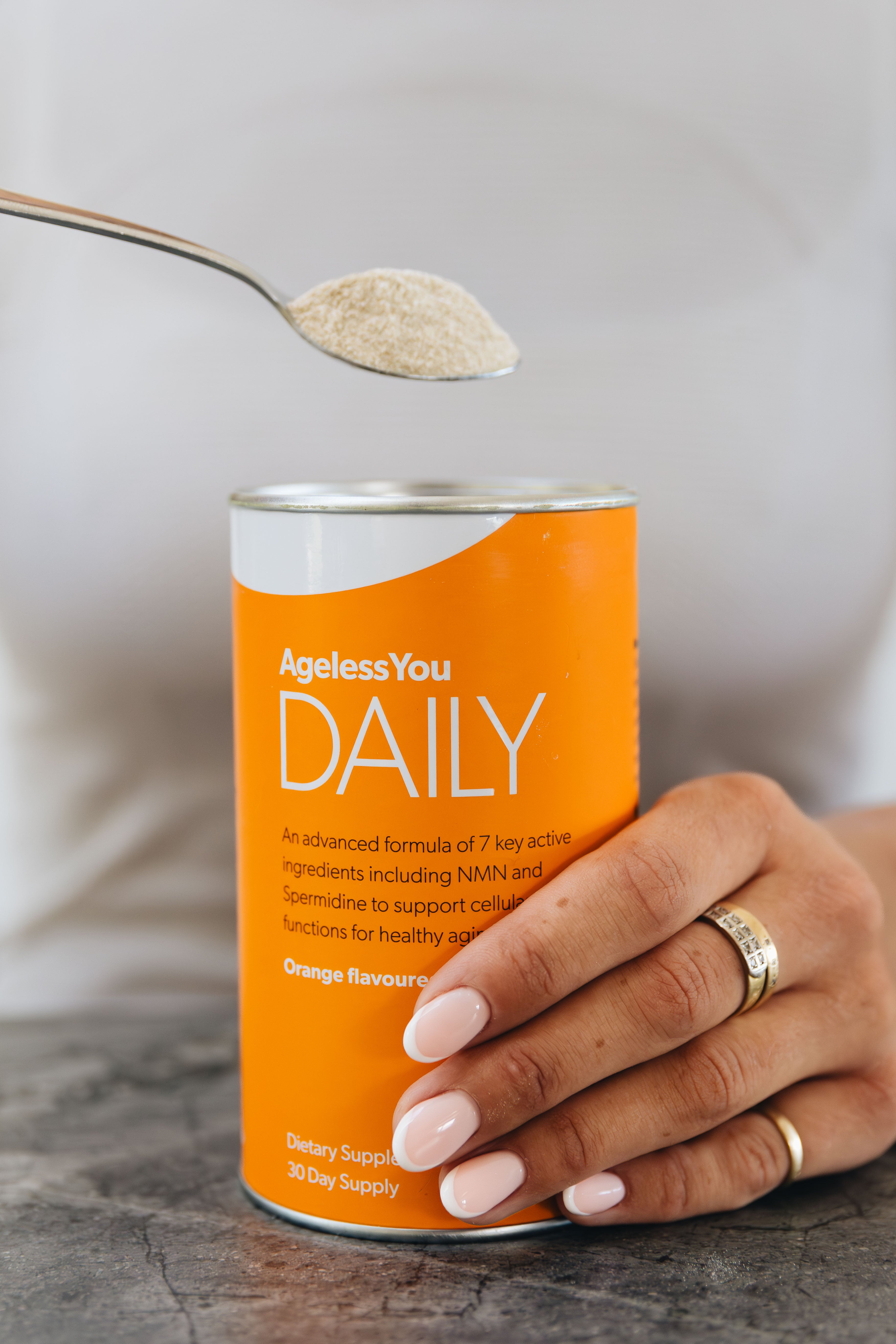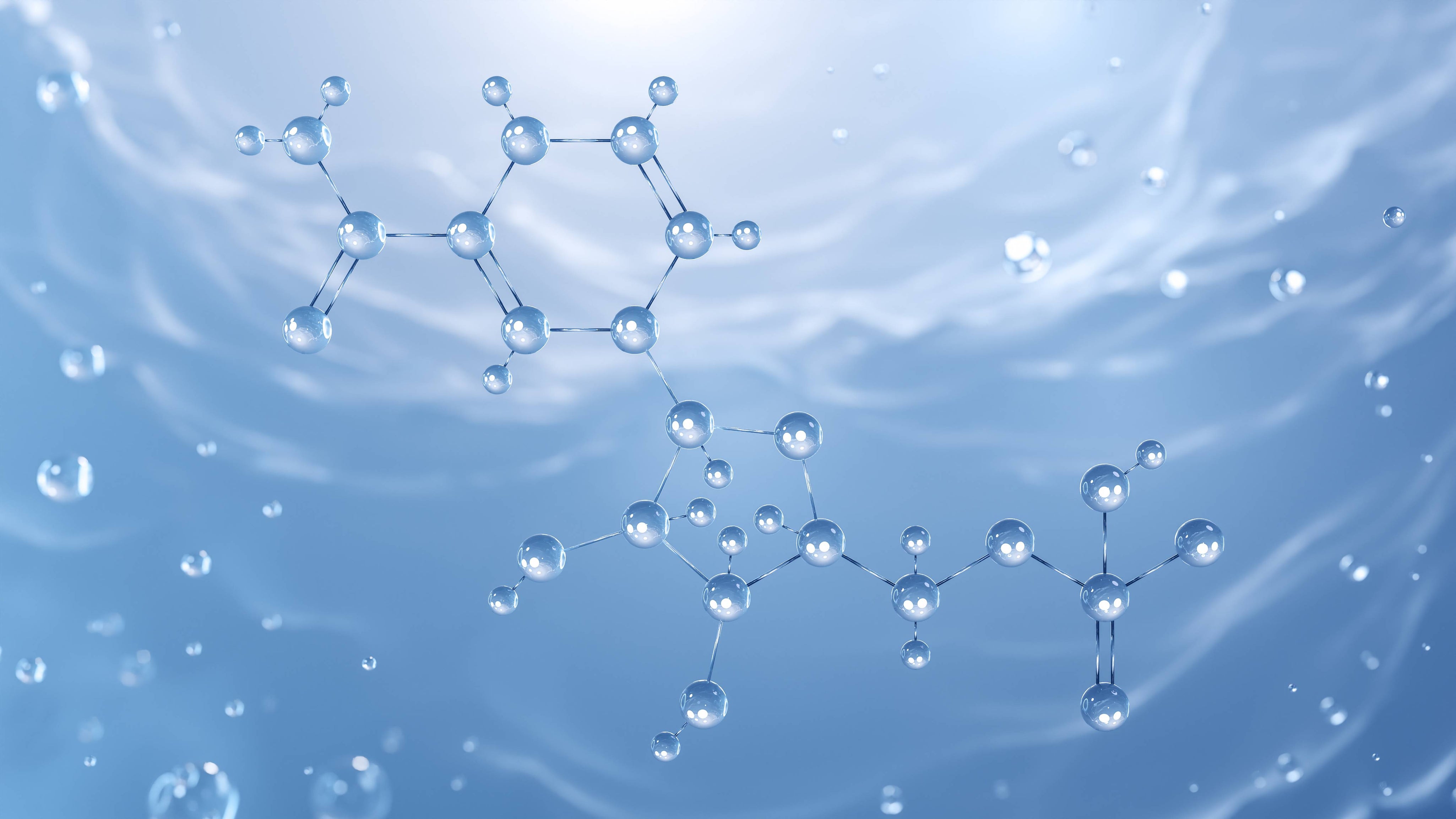What Sets NMN Apart from Other Anti-Aging Supplements?
Unlike many supplements that only address symptoms, NMN works at a cellular level by directly increasing NAD+ production. This unique mechanism underpins its powerful anti-aging and energy-boosting effects.
How Quickly Will I Notice the Benefits?
Individual results can vary, but many users report improved energy and overall well-being within a few weeks of consistent use. For optimal results, incorporate NMN into a balanced lifestyle that includes proper nutrition and exercise.
Is NMN Safe for Long-Term Use?
Yes. NMN is generally well-tolerated, and our premium formula is designed to support long-term health. As with any supplement, adhering to recommended dosages is key to maintaining safety and effectiveness.
Can I Take NMN with Other Supplements?
Absolutely. NMN is often paired with antioxidants and adaptogens to further enhance overall wellness. Always check with a healthcare provider when combining supplements.
Order now to join a community of forward-thinkers redefining what it means to age gracefully. Your journey toward enhanced energy, vitality, and longevity starts right here.
Elevate your health, boost your energy, and reclaim the youthful vigor that’s waiting to be unlocked. Discover how our premium 1,000 mg NMN supplement can transform your well-being—because when it comes to your health, only the best will do.











